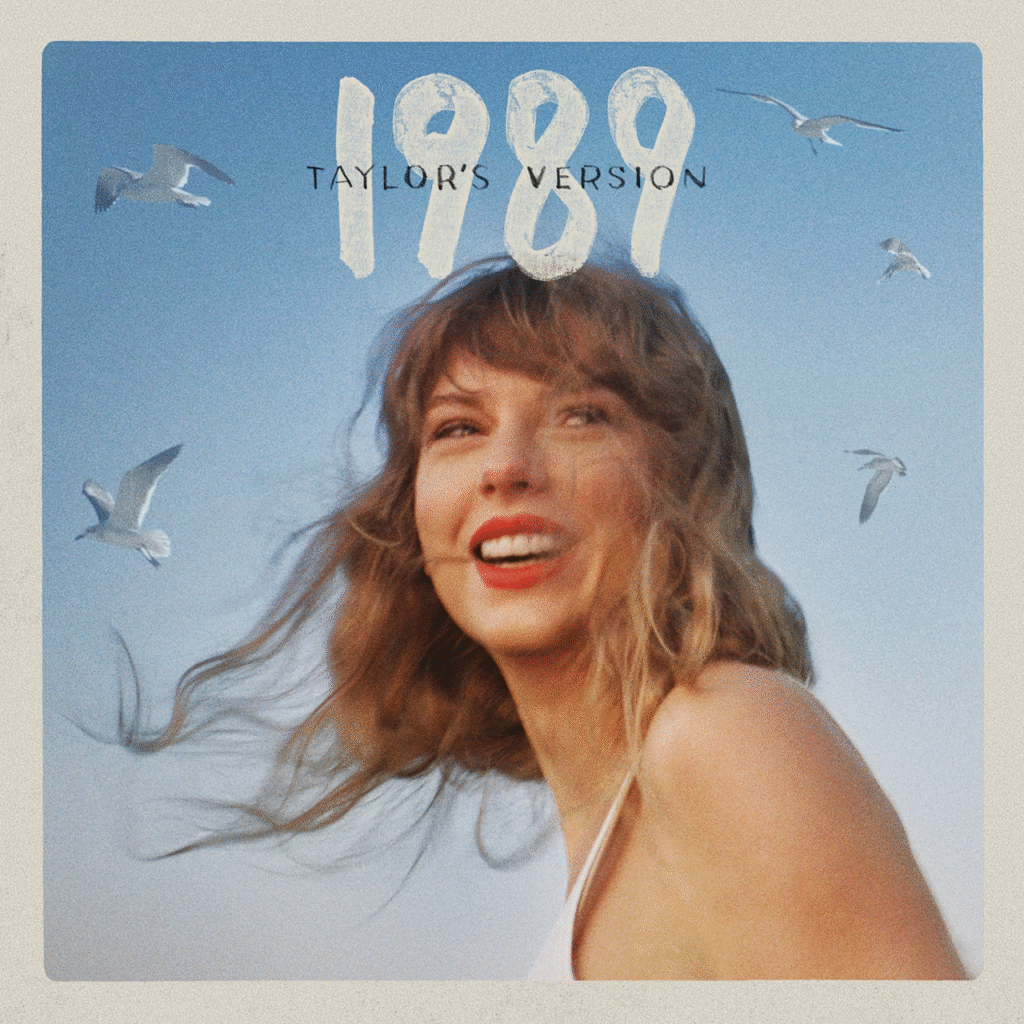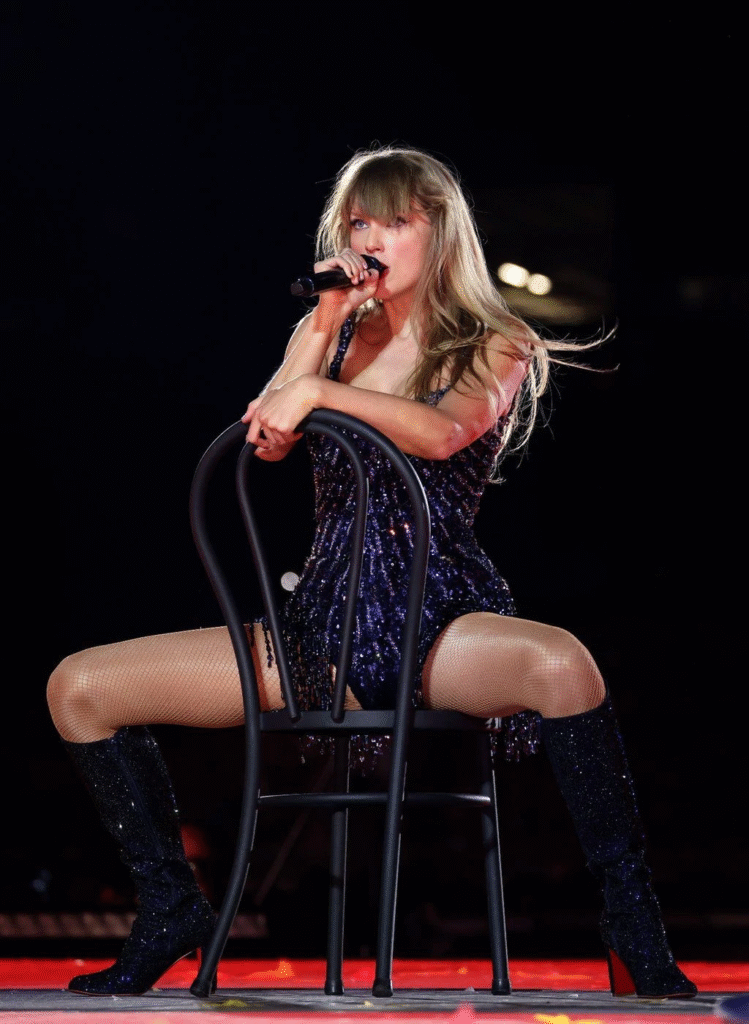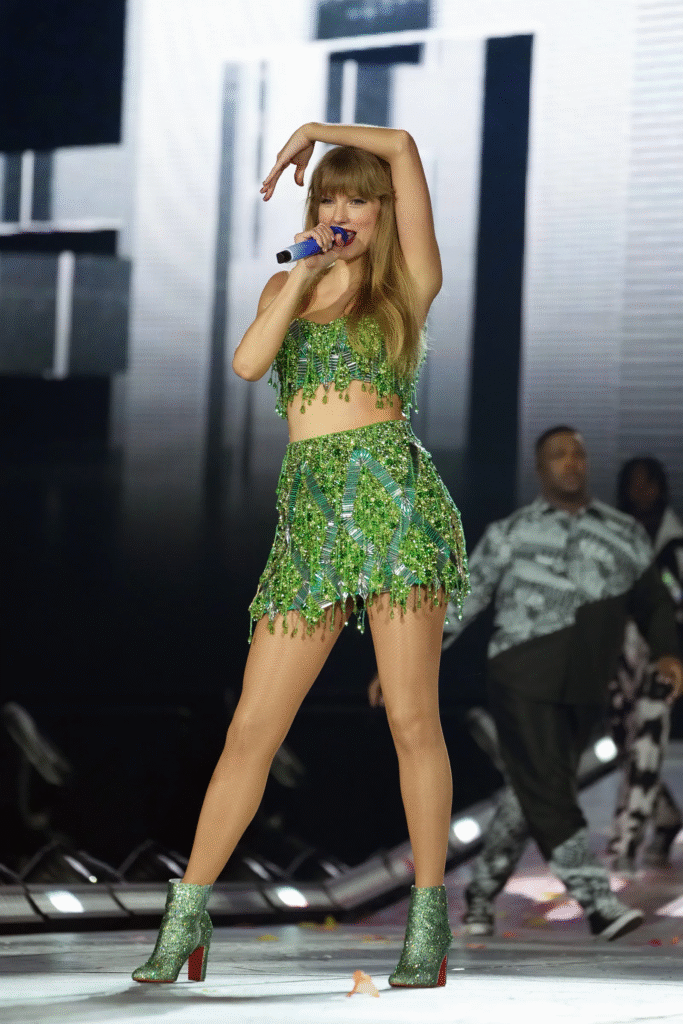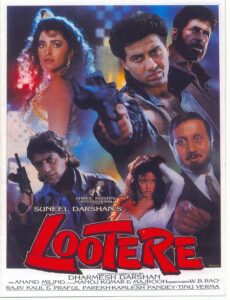Re-record clauses and the music industry: Taylor Swift case study

On August 9, Taylor Swift announced the release of one of her most popular album’s “1989” re-record version which is set to be officially available on all streaming platforms on October 27th, 2023.
But what is the big difference between the earlier versions and the specific “Taylor” versions?
CAUSE BABY NOW WE GOT BAD BLOOD
The story begins in the year 2005 when Taylor signed a thirteen-year contract with Big Machine Records, founded by Scott Borchetta. According to her artist agreement, Big Machine Records would own the master rights to Taylor’s first six albums, in exchange for providing the resources for her musical career.
“Master rights: These rights are the main rights derived from the master recordings (basically any piece of recorded music) and include the right to appropriation and licensing of the music to third parties for cash as well as to exclude others from making unauthorised use of the same.”

And everything was well in the world of Taylor Swift, as she soon rose to stardom and won several Grammy awards for her music and talent.
However, in 2019 Big Machine Records was purchased by record executive Scooter Braun, along with the master rights to Taylor Swift’s master recordings. Soon after, Taylor decided to leave the record label due to differences between her and Braun. The master rights however, to her music continued to subsist with the record label.
In 2020, Scooter announced his intentions to sell the record label to Shamrock Holdings, a private equity firm under the Disney estate. Before the sale was effectuated, Taylor had at several occasions tried to purchase the master rights over her recordings from Braun but was unsuccessful.
In a social media post on Tumblr, Taylor called out both Scooter Braun and Scott Borchetta calling them out for bullying her and trying to control her.
“When I left my masters in Scott’s hands, I made peace with the fact that eventually he would sell them. Never in my worst nightmares did I imagine the buyer would be Scooter. Any time Scott Borchetta has heard the words ‘Scooter Braun’ escape my lips, it was when I was either crying or trying not to. He knew what he was doing; they both did. Controlling a woman who didn’t want to be associated with them. In perpetuity. That means forever.” – Taylor Swift
Following this incident, Taylor decided to find alternative methods to reclaim the control over her music.
SO IT GOES….
Let’s break down the legal terminology in a typical recording agreement between an artist and the recording company.

A typical recording agreement involves the recording company paying an amount to the artist called “advance” which is used by the artist to record their music album.
This sum is called advance and needs to be paid back, therefore, the artist often transfers or assigns the commercial rights in their music to the record labels, which can be used for the repayment of the advance received.
Generally, in a recording agreement, there are two types of materials which are copyrightable i.e. the song with its lyrics, melodies and any other underlying works also known as the publishing rights, and the sound recording of the song (which are often referred to as ‘masters’ hence the master rights). In this case the songs can either be retained by the composer or assigned to the music publishing company which is affiliated to the record company, but the sound recordings are always owned by the recording company.
The rights in the masters are therefore held by the recording company not only for the repayment of the advance but also for any loss suffered on any flop song, and even sometimes after that, continues to hold on to the copyright in the songs.
However, the problem in these contracts arises, because the rate of repayment of the advance is calculated on the rate of royalties received by the artists, and not the actual profit on the songs that the recording labels make.
….READY FOR IT?
Taylor soon after her debacle with Scooter, announced her decision to re-record her previous six albums with her new record label, Universal Music Group and her new contract provided that she would be the owner to the master’s of her re-recorded albums.

When it comes to copyright infringement, the US law provides certain leeway to the artists. This is because the rights of the record label in the master recordings “do not extend to the making or duplication of another sound recording that consists entirely of an independent fixation of other sounds, even though such sounds imitate or simulate those in the copyrighted sound recording.”
This means that as long as an artist owns the copyright over the underlying works of the song i.e. the original composition and lyrics, they would have the right to re-record without the risk of being sued for copyright infringement.
This brings us to the “re-record” clause that record labels use to prevent artists from re-recording their music anywhere from a few months to a few years or in some cases in perpetuity.
An example of a standard re-record clause is as follows:
“(a) Producer, on Producer’s and Artist’s behalf, agrees that Artist shall not perform in any manner any selection (or portion thereof) recorded hereunder, whether or not released by Company, for the purpose of making records for distribution or sale in the Territory by or for any person other than Company, at any time prior to the later of the following dates (such later date, with respect to any such selection, is herein sometimes referred to as the “Restriction Date”); (i) five (5) years after the date of delivery to Company of the last master embodying such selection or (ii) two (2) years after the expiration or termination of the term of this agreement or any subsequent agreement between Company and Producer (or Artists or any person furnishing Artist’s recording services or the results and proceeds thereof) with respect to Artist’s recording services.”
While people have argued that such clauses are not in public interest at large, the fact is they continue to be added to almost every record agreement.

Lucky for Taylor, she could begin re-recording her albums soon after her contract expired in 2019 as her re-record clause expired in the month of November 2020. Taylor is not the first artist to reclaim her master’s in this manner; there have been others, but the most crucial aspect of this entire scenario, which might be ignored is the “popularity” of the artist.
Re-recording entire albums is an expensive task, the success of which can only be supported by a dedicated fandom, lucky for Taylor she was not only able to hold on to her mantle but also gain overwhelming success, with the release of her latest albums as well as the re-recorded versions, giving her a chance to show everyone her growth as an artist. But not everyone enjoys the same, and therefore, a restriction on re-record leaves a very small window for the artist to actually be able to capitalize on their stardom.









![Demna woke up and chose violence!!!
Gucci Milan Fashion Week Fall 2026, Demna’s debut Runway ✨🙇🏻♀️💋
[Demna, Gucci, Milan Fashion Week, Runway, Fashion, Italy, Let The Raven Talk]](https://lettheraventalk.com/wp-content/plugins/instagram-feed/img/placeholder.png)
